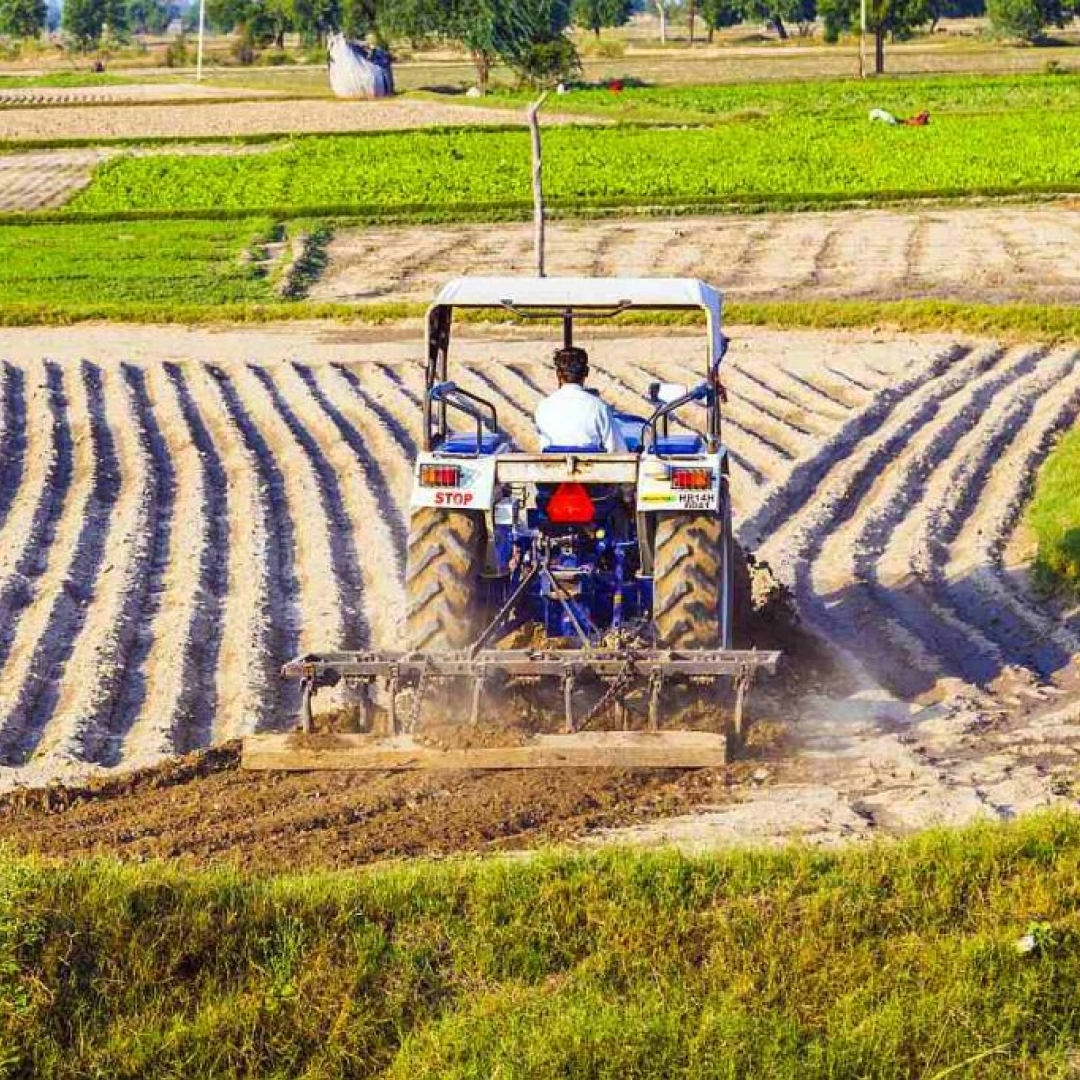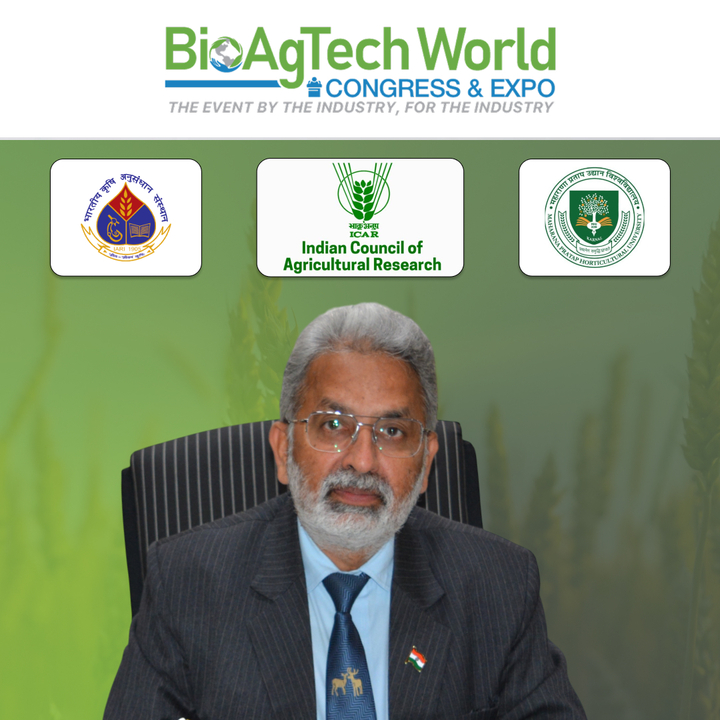
Pakistan’s progressive move towards sustainable agriculture was a focal point at the 19th Annual Biocontrol Industry Meeting (ABIM) 2024, held in Basel, Switzerland. This significant event, organized by the Research Institute of Organic Agriculture (FiBL) and the International Biocontrol Manufacturers Association (IBMA), gathered over 2,000 delegates and 157 exhibitors from 67 countries. Industry leaders and innovators came together to showcase nature-based solutions and services, emphasizing the shift towards more environmentally-friendly food production.
Highlighting Pakistan’s Sustainable Agricultural Practices
Pakistan’s new biopesticides registration guidance, introduced to combat a broad range of crop pests and diseases, attracted attention from international experts. This initiative, driven by Pakistan’s Ministry of National Food Security and Research (MNFS&R), demonstrates the nation’s commitment to sustainable agriculture. Scientists from CABI’s Swiss Centre in Delémont played a key role in facilitating and organizing Pakistan’s participation in ABIM 2024, marking a first for a government entity in the biocontrol space.
Biopesticides registration guidance will secure livelihoods and food security
Dr Ulrich Kuhlmann, Executive Director, Global Operations, Dr Sabyan Honey, Deputy Director, Business Development, and Dr Robert Malek, Pesticide Risk Reduction Expert, outlined to ABIM participants how Pakistan’s newly approved biopesticide registration guidance will help boost the country’s biopesticide market.
Dr Melanie Bateman, Integrated Crop Management Advisor, also took part in ABIM where all CABI scientists also took the opportunity to collaborate with partners including Dr Saliou Niassy, Coordinator of the Inter-African Phytosanitary Council (AU-IAPSC).
CABI’s Role in Showcasing Pakistan’s Progress
CABI (Centre for Agriculture and Bioscience International) not only facilitated the participation of Pakistan’s MNFS&R but also introduced an innovative approach that directly connected the Department of Plant Protection (DPP) with the global biocontrol community. The DPP, the entity responsible for biopesticide registrations in Pakistan, benefited from this collaboration by gaining insights and networking opportunities with international biocontrol manufacturers.
This unique involvement of a government body at ABIM 2024 was widely appreciated as a pioneering step that fostered closer connections between international biocontrol stakeholders and Pakistan’s regulatory authorities. By linking the DPP with leading biocontrol manufacturers, CABI enabled valuable exchanges of knowledge and resources, setting the stage for a collaborative approach towards biopesticide regulation and sustainable agriculture.
ABIM 2024: A Hub for Nature-Based Solutions
ABIM 2024 served as a global platform for sharing cutting-edge, nature-based solutions for crop protection. The event underscored a universal commitment to reducing reliance on synthetic chemicals and promoting ecological balance in agricultural practices. As Pakistan joins this international movement, the new biopesticides registration guidance stands as a testament to the country’s dedication to environmentally responsible and sustainable agriculture.
Moving Towards Environmentally Friendly Crop Protection
Pakistan’s approach to biopesticides registration is an essential step towards adopting biocontrol methods that are not only safer for the environment but also support the long-term health of agricultural systems. The new guidelines seek to streamline the registration process for biopesticides, making it easier for farmers and industry stakeholders to adopt these eco-friendly alternatives.
This shift aligns with the global trend towards reducing chemical inputs in agriculture, which has become a priority for many nations working to protect biodiversity and improve food safety. By implementing these biopesticide guidelines, Pakistan is demonstrating a commitment to sustainable development and a proactive stance in addressing the agricultural challenges posed by climate change and pest resistance.
Building a Sustainable Future for Agriculture in Pakistan
The participation of Pakistan’s MNFS&R in ABIM 2024 highlights the nation’s dedication to advancing biocontrol measures in agriculture. This event provided Pakistani officials and scientists with an opportunity to learn from and collaborate with international experts in biocontrol, bringing valuable insights back to Pakistan to support local farmers and the wider agricultural community.
CABI’s role in fostering these connections has been instrumental, creating pathways for sustainable agricultural practices that will benefit both the environment and the economy. By embracing biopesticides and supporting regulatory innovation, Pakistan is setting a precedent for other nations seeking sustainable solutions for crop protection.
Conclusion
The introduction of Pakistan’s new biopesticides registration guidance and its representation at ABIM 2024 reflect a significant shift towards sustainable agriculture in the country. As Pakistan works to adopt environmentally-friendly pest control methods, its engagement with the global biocontrol industry offers a model for how nations can collaborate to promote sustainable food systems.
Through initiatives like these, Pakistan is actively participating in the global effort to make agriculture safer and more sustainable. This forward-thinking approach will not only benefit Pakistan’s farmers but also contribute to a healthier planet, paving the way for future generations.
Source – CABI







Leave a Reply